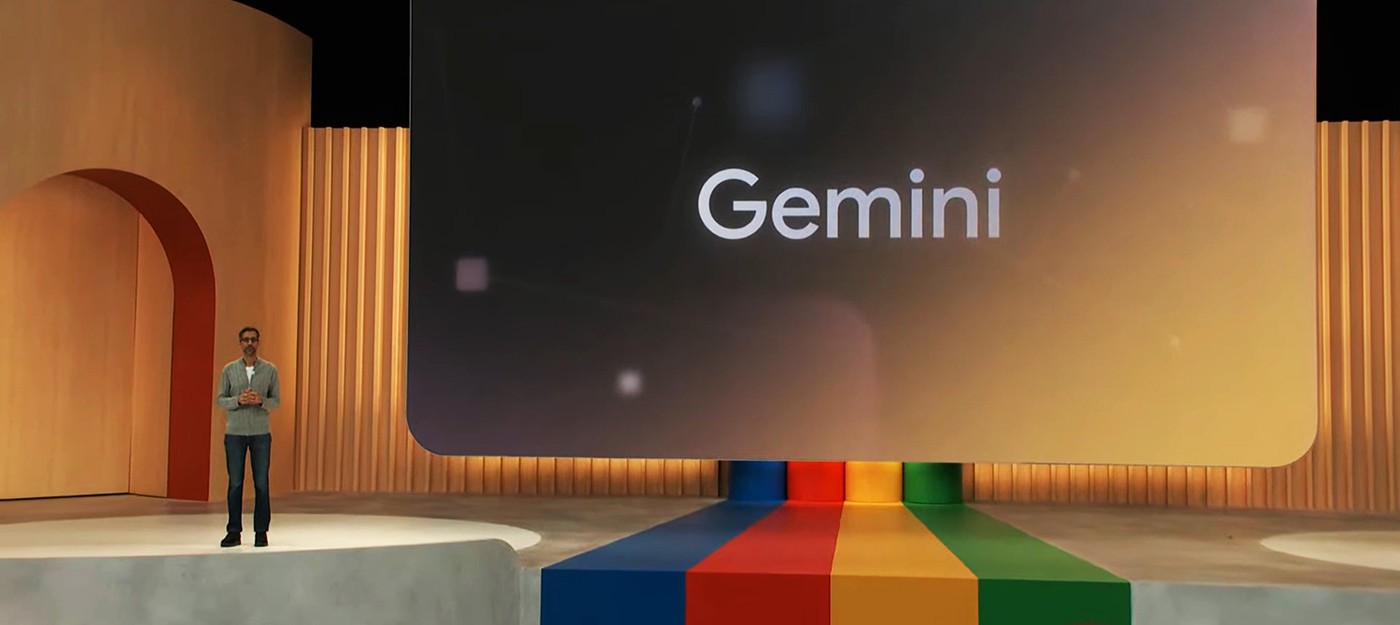Google preps for the launch of Gemini, its new AI software to compete with ChatGPT

Google, is inching closer to unveiling Gemini, its groundbreaking conversational artificial intelligence (AI) platform. This revelation, as reported by The Information on Thursday, is based on insider sources.
Gemini is poised to rival OpenAI's renowned GPT-4 model. This move by Google signifies the company's intensified focus on generative AI, especially after the notable success of OpenAI's ChatGPT last year, which had a significant impact on the tech landscape. Microsoft's backing of OpenAI further intensified the competition.
The Gemini platform is not just another AI model; it's an ensemble of large-language models designed to cater to a broad range of applications. These applications range from powering chatbots to generating unique content such as email drafts, music lyrics, and news articles tailored to users' preferences. Furthermore, the software promises to aid software developers in code writing and even in creating original images based on user specifications.
Here's What We Know So Far:
Multimodal Capabilities: Sundar Pichai highlighted that Gemini is a fusion of DeepMind’s iconic AlphaGo system, celebrated for mastering the intricate game of Go, with advanced language modeling. Designed to be intrinsically multimodal, Gemini will seamlessly integrate text, images, and various other data types, laying the groundwork for enriched conversational experiences. The CEO also teased potential capabilities like memory and advanced planning, hinting at tasks that demand reasoning.
Utilization of Pathways and APIs: Google's Chief Scientist, Jeffrey Dean, in an update to his bio, mentioned his leadership role in developing "next-generation multimodal models," including Gemini. It will harness the power of Pathways, Google’s cutting-edge AI infrastructure, facilitating the scaling up of training on diverse datasets. Indications point towards Gemini potentially dwarfing even GPT-3's staggering 175 billion parameters.
Diverse Sizes and Innovative Capabilities: DeepMind’s CEO, Demis Hassabis, provided further insights, stating that Gemini isn't just one model but a "series of models" of varying sizes and capabilities. Techniques borrowed from AlphaGo, such as reinforcement learning and tree search, could arm Gemini with unique skills like problem-solving and reasoning. Hassabis also alluded to the AI's capability of referencing Google Search for fact-checking, reducing erroneous or misleading outputs.
Promising Early Outcomes: Hassabis, in a Time interview, expressed optimism about Gemini's early results. The integration of planning and memory is still in its infancy. He emphasized the possibility of Gemini using retrieval methods for generating blocks of information rather than a word-by-word approach, ensuring more consistent factual accuracy.
A Revolution in Chatbot Technology: Pichai, in a subsequent interview with Wired, laid out Google's vision. He projected that Gemini and its successors would evolve into "universal personal assistants," permeating every facet of our daily routines, from work and travel to entertainment. With the combined prowess of text and image processing, Pichai believes that current chatbots will soon seem rudimentary in comparison.
Rivalry and Competition: A tweet from OpenAI's CEO hinted at a performance comparison with GPT-4, though details remain shrouded in ambiguity. Furthermore, Google is not alone in this race. Reports from the Wall Street Journal suggest that Meta is also gearing up with an AI model to challenge the GPT-4. Meta's recent collaboration with Microsoft for the open-source AI model, Llama 2, underscores their commitment to democratizing and responsibly advancing AI.
Beta Testing and Early Access: The Information reported that Google has granted a select group of external developers early access to Gemini. This move signals that Gemini might soon transition to beta testing, with a potential integration into platforms like Google Cloud Vertex AI on the horizon.
Although Google has yet to comment on these reports, their recent endeavors in the AI sector are notable. Just last month, they incorporated generative AI into their Search feature for users in India and Japan. This addition offers users both textual and visual results based on their prompts. On the enterprise front, Google has set a monthly subscription fee of $30 per user for its advanced AI-powered tools.